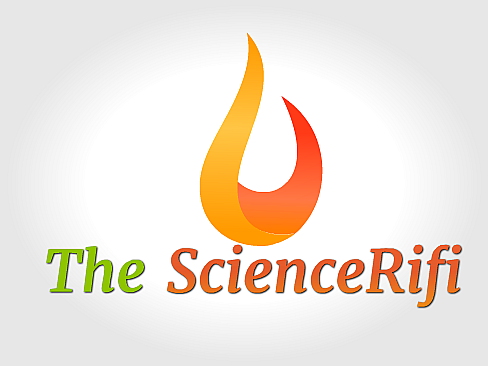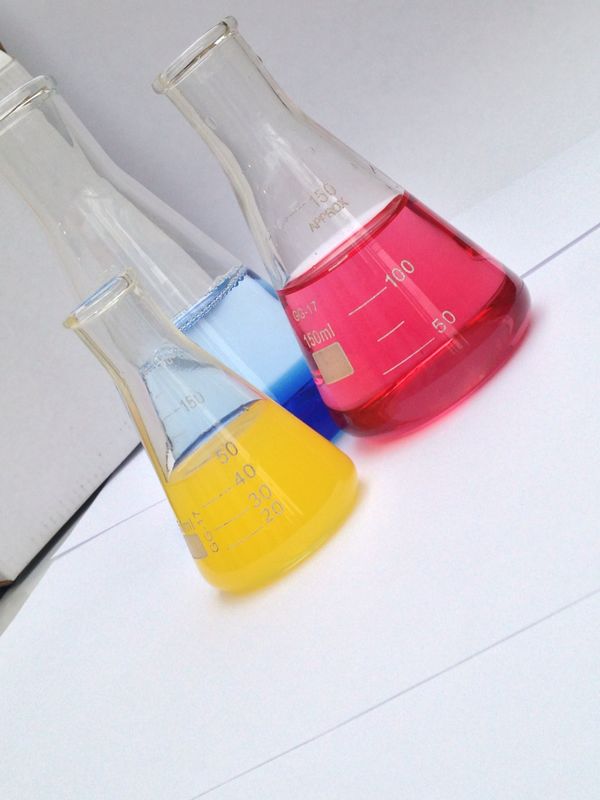


Hypotheses and Predictions
All of us are aware of a weather forecast, which is basically, trying to tell what the weather will be like tomorrow, after tomorrow and even next week.
Scientists also make forecasts about their investigations. They call them predictions. When you are doing an investigation, you need to have a prediction in mind.
Like weather forecasting, scientists use scientific knowledge and experience to make an informed guess.
-This one of the reasons why you need to do preliminary research. It will help you inform your prediction.
How does a prediction help us?
*It gives you a rough idea of what to expect in your investigation
*so that you do not come across many unexpected surprises or you can respond to these accordingly.
Writing a prediction
A good prediction has 2 parts:
-
What you think will happen
-
Why you think it will happen this way
Examples:
I think that as ... increases, the ... will decrease. This is because ...
In this example, the first sentence should mention both variables. The second sentence provides the reason why you think so.
Hypotheses
A hypothesis is a suggested explanation for an event, process or how something happens. It is sometimes known as a proposition. A hypothesis should be testable experimentallywith clear outcomes, an experiment done without one is just a mere demonstration.. It must be written clearly to improve critical thinking as it challenges scientists to think beyond their findings as they evaluate whether the results match there hypotheses.
A hypothesis statement should include a statement about how it is going to be tested (a mention of the independent variable) and the outcome which will confirm the hypothesis if it is true.
GCSE Stuff: In the new ISA/controlled assessments guidelines, a hypotheses will be provided unless if you are doing triple science were you are expected to write your own. Real scientists write their hypotheses before the experiment.
It is important to note that we can never prove or set out to prove a hypothesis e.g. I want to prove that giving a pot plant 2g of fertiliser makes it grow faster than a plant which has not had fertiliser.
This is pointless and does not move science on, in fact it is boring to go about proving facts that you already know.
* A hypothesis can only be confirmed or not-confirmed.
The hypotheses must be clearly distinguished from a prediction which is a cause and effect statement, for example drink driving causes accidents. The independent variable results ....... in the dependent variable because ............ For example, drink driving results in accidents because alcohol impairs judgement. It can also be written in another form as long as you show the link or lack of between the variables and the reason/explanation. For example, using the above example, if drink driving is related to chances of having an accident, then people who have a high alcohol level are most likely to get involved in an accident due to impaired judgement.
Advanced Stuff
Remember not all studies have a hypothesis, for example inductive researches where you are exploring how something works does not have a hypothesis. Some hypotheses are developed through these explorative (inductive) researches. A hypotheses that does not support the prediction is called a null hypothesis while the one that explains the presence or lack of correlation is called an alternative hypotheses.